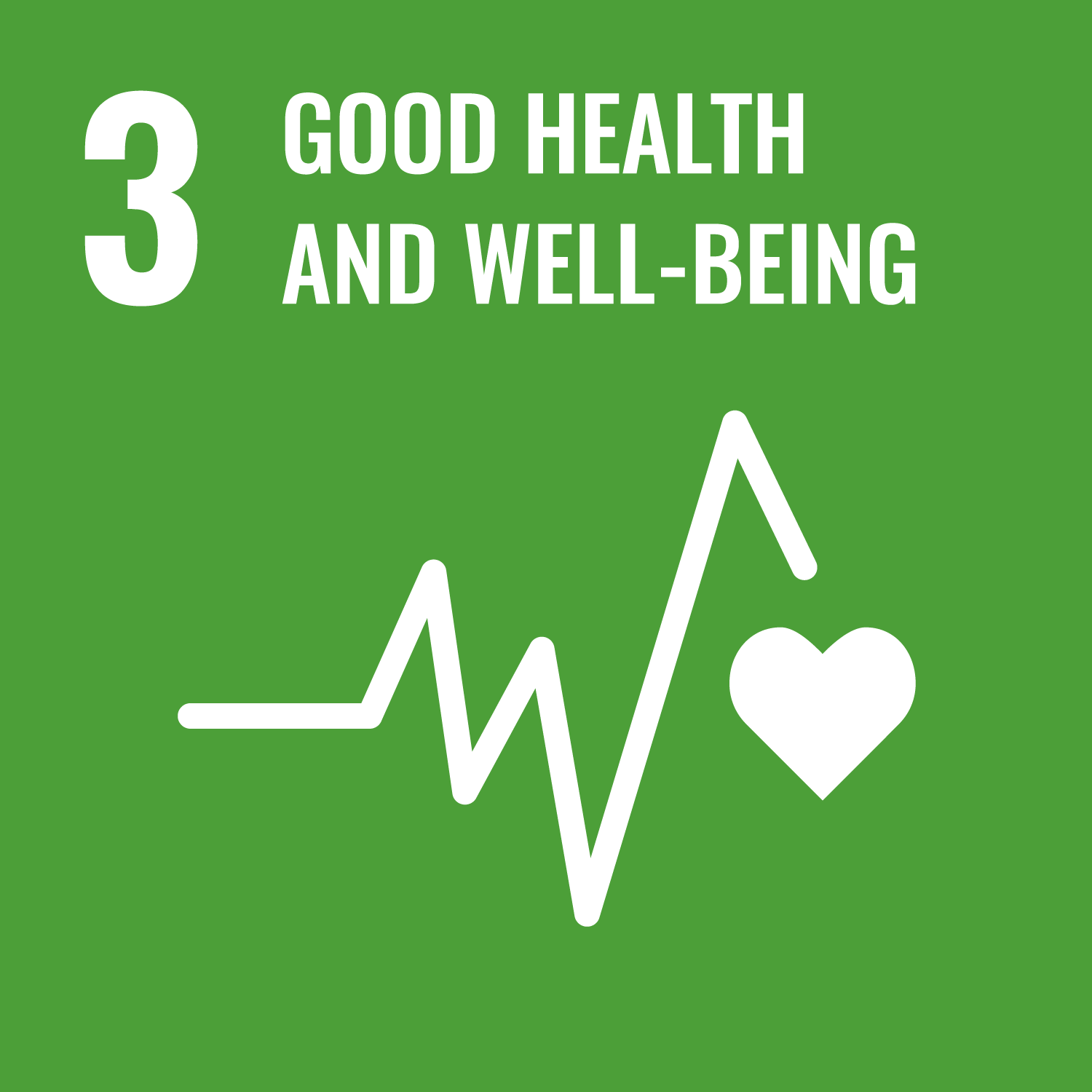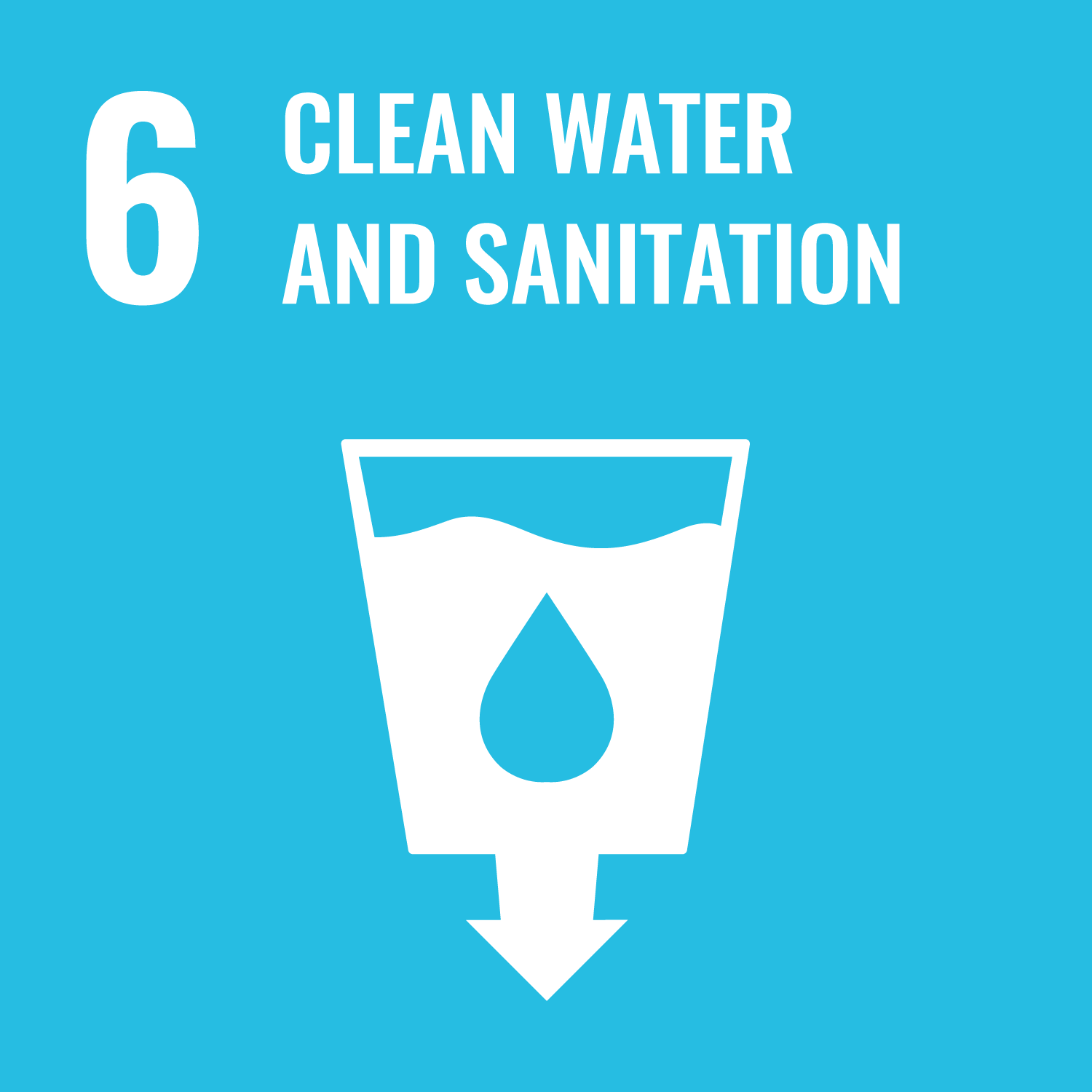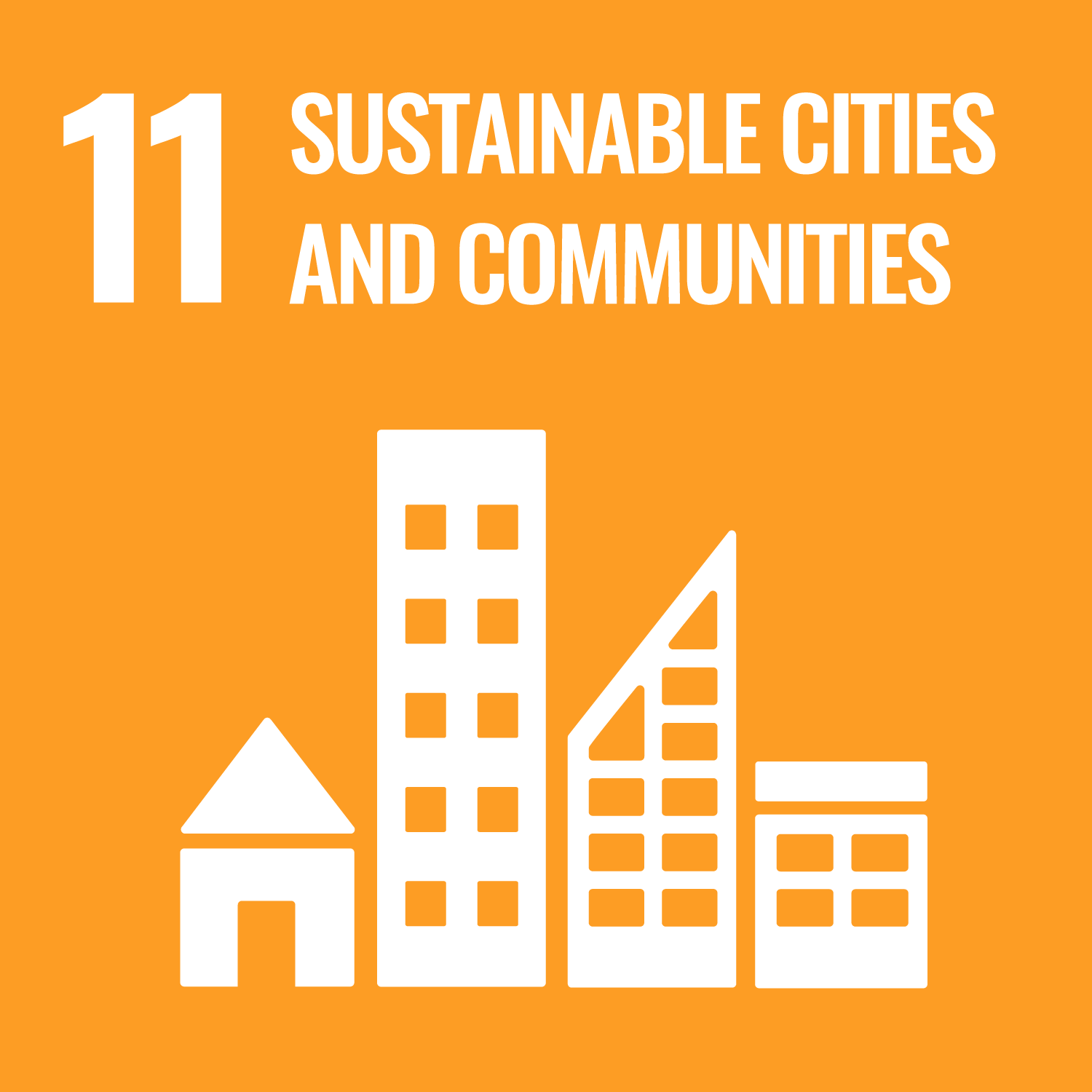Fresh Life: scaling urban sanitation with results-based finance (RBF)
Aligned SDGs




- Fresh Life: scaling urban sanitation with results-based finance (RBF)
- General overview
- Intervention
- Target population
- Location
- Outcome metrics
- Last data update
- Spreadsheet of data
- Fresh Life: scaling urban sanitation with results-based finance (RBF)
- General overview
- Intervention
- Target population
- Location
- Outcome metrics
- Last data update
- Spreadsheet of data
General overview
Stage of development: Early stage
Policy sectors: Health / Water, Sanitation and Hygiene
Type of instrument: Payment-by-results (no pre-financing)
Delivery locations: Kenya
Country classification: Lower-middle-income
Expected launch date: Q1 - 2023
Project design process began: March 2021
Intervention
Social or environmental challenge
Currently, 60 million new residents move to urban areas every year. One in four lives in slums, amounting to over 1 billion people. The vast majority (more than 70%) have no access to safe sanitation services and, in effect, are living in their waste. In Kenya this issue is clear and in Nairobi alone, 60% of the population live in informal settlements and 60% of the city remains unconnected to the sewerage system.
Description of the intervention
Sanergy, established in 2011 to address the sanitation value chain in the low-income informal settlements of Nairobi, provides container-based sanitation services, offering an end to end sanitation solution to residents. These waterless sanitation facilities are leased to local residents, who pay a monthly subscription fee to be part of the network. Sanergy collects the waste through a professional logistics team, provides operational and maintenance support, liaises with government to ensure compliance, and guarantees that all waste is safely treated.
Target population
Informal settlements in Nairobi
Location
Country:
- Kenya
Locality:
- Kenya
Outcome metrics
- TBD. May include: # of households reached, volume of waste removed, volume of wase safely treated at treatment plant, sustained use of toilet at 6/12 months.
Last data update
Data for this pipeline project was last updated in April 2022.
You might have noticed that some pipeline projects have more data than others. This is because organisations can share as much data as they want with the INDIGO initiative. If you have more data on one of these pipeline projects and would like to share with us, please get in touch at indigo@bsg.ox.ac.uk. Our full list of variables and data definitions can be found here.
Spreadsheet of data
Important Notice and Disclaimer on INDIGO Data
INDIGO data are shared for research and policy analysis purposes. INDIGO data can be used to support a range of insights, for example, to understand the social outcomes that projects aim to improve, the network of organisations across projects, trends, scales, timelines and summary information. The collaborative system by which we collect, process, and share data is designed to advance data-sharing norms, harmonise data definitions and improve data use. These data are NOT shared for auditing, investment, or legal purposes. Please independently verify any data that you might use in decision making. We provide no guarantees or assurances as to the quality of these data. Data may be inaccurate, incomplete, inconsistent, and/or not current for various reasons: INDIGO is a collaborative and iterative initiative that mostly relies on projects all over the world volunteering to share their data. We have a system for processing information and try to attribute data to named sources, but we do not audit, cross-check, or verify all information provided to us. It takes time and resources to share data, which may not have been included in a project’s budget. Many of the projects are ongoing and timely updates may not be available. Different people may have different interpretations of data items and definitions. Even when data are high quality, interpretation or generalisation to different contexts may not be possible and/or requires additional information and/or expertise. Help us improve our data quality: email us at indigo@bsg.ox.ac.uk if you have data on new projects, changes or performance updates on current projects, clarifications or corrections on our data, and/or confidentiality or sensitivity notices. Please also give input via the INDIGO Data Definitions Improvement Tool and INDIGO Feedback Questionnaire.